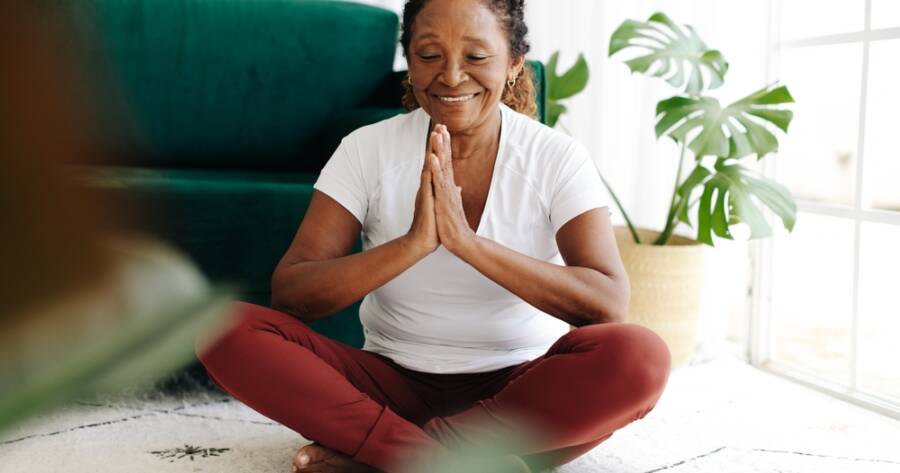Self-care is a fundamental component of personal well-being, offering a pathway to reduce stress, enhance happiness, and improve overall satisfaction. This practice is uniquely tailored, addressing physical, emotional, and mental health needs, and encompassing diverse activities such as meditation, social connections, and creative pursuits. Explore how to craft a personalized self-care plan for holistic health and personal growth.
The Importance of Self-Care
Self-care is an essential practice for prioritizing personal well-being. By engaging in self-care activities, individuals can reduce stress, enhance happiness, and improve satisfaction. This is achieved through conscious choices that focus on mental and physical health for overall well-being.
Different forms of self-care, such as setting boundaries or attending medical appointments, play a crucial role in maintaining overall health. Self-care is not a one-size-fits-all approach; it varies from person to person based on individual needs and preferences. It is important to evaluate physical, emotional, and mental needs to create a personalized self-care plan. Goals should be set, enjoyable activities prioritized, and a flexible schedule maintained to regularly incorporate self-care into one’s routine. This approach not only enhances personal satisfaction but also promotes resilience and personal growth.
Components of a Self-Care Plan
Creating a self-care plan involves thoughtful consideration of various components. There are eight primary areas of self-care: physical, emotional, social, intellectual, spiritual, environmental, financial, and vocational. Each area contributes to a holistic approach to personal health and well-being through diverse practices.
Engaging in activities that satisfy these areas helps promote physical health, improve mental resilience, enhance moods, manage stress, and boost productivity. For instance, physical self-care includes healthy eating, regular exercise, and maintaining good sleep hygiene. These practices are vital for improving physical well-being. Similarly, mental self-care activities such as mindfulness, listening to music, and taking breaks contribute significantly to reducing stress and promoting mental well-being.
Practical Self-Care Practices
There are numerous practical self-care practices that individuals can incorporate into their daily lives. From short activities like deep breathing and hydration to longer sessions such as pursuing hobbies or seeking support from professionals, these practices can be tailored to fit individual preferences and schedules. Meditation, for example, is a beneficial self-care activity that reduces anxiety and depression while promoting relaxation. It encompasses various forms such as deep breathing, mindfulness, visualization, mantra repetition, and meditative exercises like tai chi.
Furthermore, regular self-care activities foster resilience, which is the ability to bounce back from stress and adversity, and also encourage reflection and personal growth. Intentionality at the start of each day can enhance feelings of health and connection.
Enhancing Self-Care with Social and Creative Activities
Social connections also play a vital role in boosting mental health and resilience. Activities such as joining support groups, fostering relationships, and engaging in meaningful social interactions can greatly enhance one’s sense of belonging and support. Creative activities, on the other hand, are excellent self-care practices. Engaging in drawing, crafting, or exploring nature aids in stress reduction and emotional balance.
Connecting with others, whether through phone calls or text messages, can improve mood and mental wellness. Physical touch, like hugs and massages, has been shown to reduce cortisol levels, thereby alleviating pain, depression, and anxiety. These interactions serve as reminders of the importance of maintaining a balanced social life while practicing self-care.
Why You Should Learn More About Self-Care Today
Understanding and implementing effective self-care practices can significantly enhance both mental and physical health. Self-care is multimodal, encompassing practices that range from the physical to the spiritual, and it requires a personalized approach to be truly effective. With numerous benefits including stress management, improved productivity, and enhanced emotional stability, self-care stands as a fundamental pillar for personal development and health maintenance. By engaging in self-care, individuals not only invest in themselves but also lay a foundation for a more resilient and fulfilling life. It is crucial to explore these facets and integrate them into one’s lifestyle to achieve holistic well-being.

